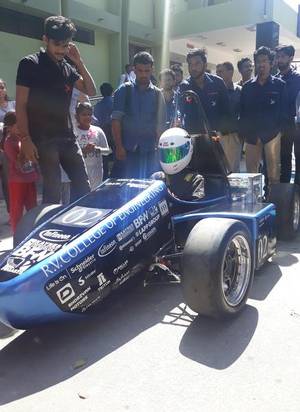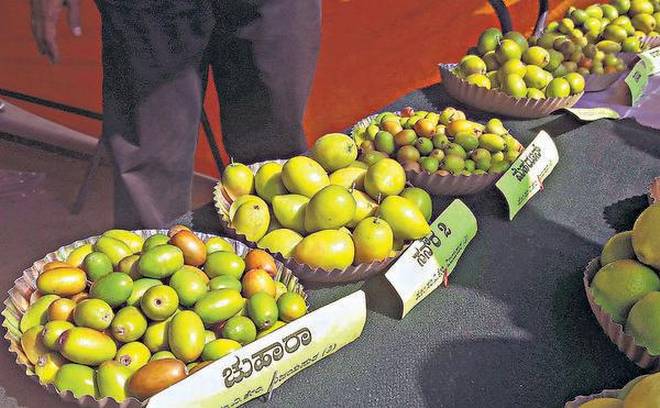On the combustion, hybrid and electric platforms
Ashwa Racing, a brand under Ashwa Mobility of RV College of Engineering, Bengaluru, on Saturday launched three new race cars on the combustion (AMF RZX8- CO), hybrid (AMF X8-HY) and electric (AMF-RZX8 -ELE) platforms for the 2018 race season.
Undergraduate students, who conceived, designed and build formula race cars, would be competing in national and global events in the coming months.
The combustion vehicle (210 kg without driver) development is headed by team captain Sweekruth Shetty, project manager Rakesh H.N, chief engineer Prateek Bhustali. The racing hybrid vehicle (300 kg) development is headed by team captain Asfan Khan, project manager Suhas B.U., chief engineer Uday Naik and chief communication officer Tarun Kasa.
The electric vehicle (200kg) development is headed by team captain Pranave Nanda, project manager Rahul S.D., chief engineer Gautam Singh and chief communication officer Srivatsa Deshpande.
The combustion and electric divisions of Ashwa Racing would be competing in Formula Bharat, which will be held in Coimbatore in Tamil Nadu from January 24 to 28, 2018.
source: http://www.thehindu.com / The Hindu / Home> News> Cities> Bengaluru / by Special Correspondent / January 15th, 2018







